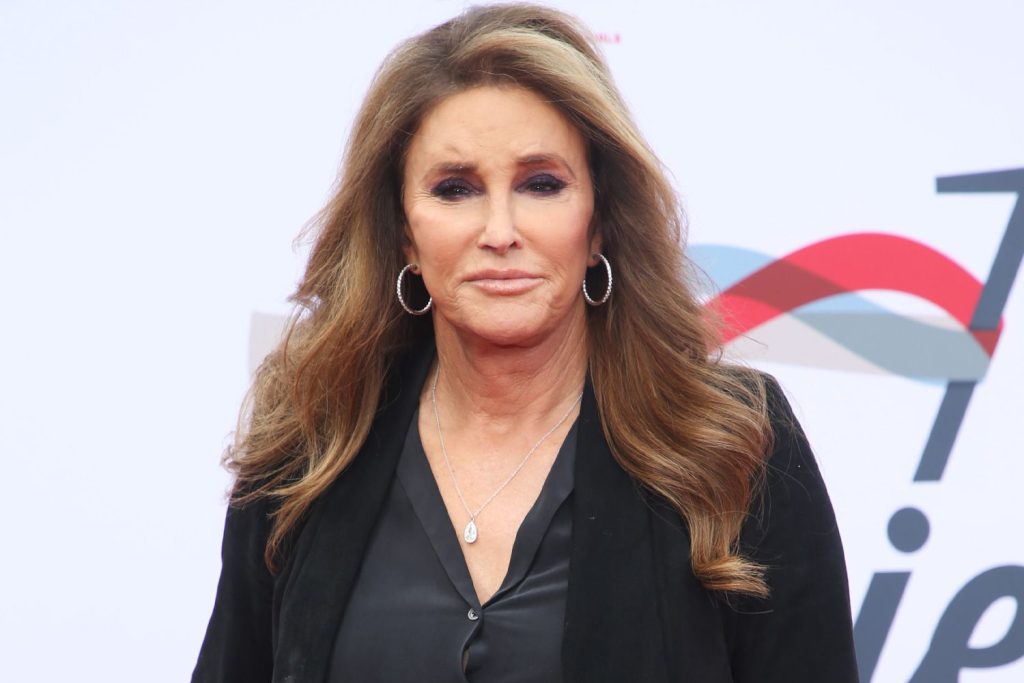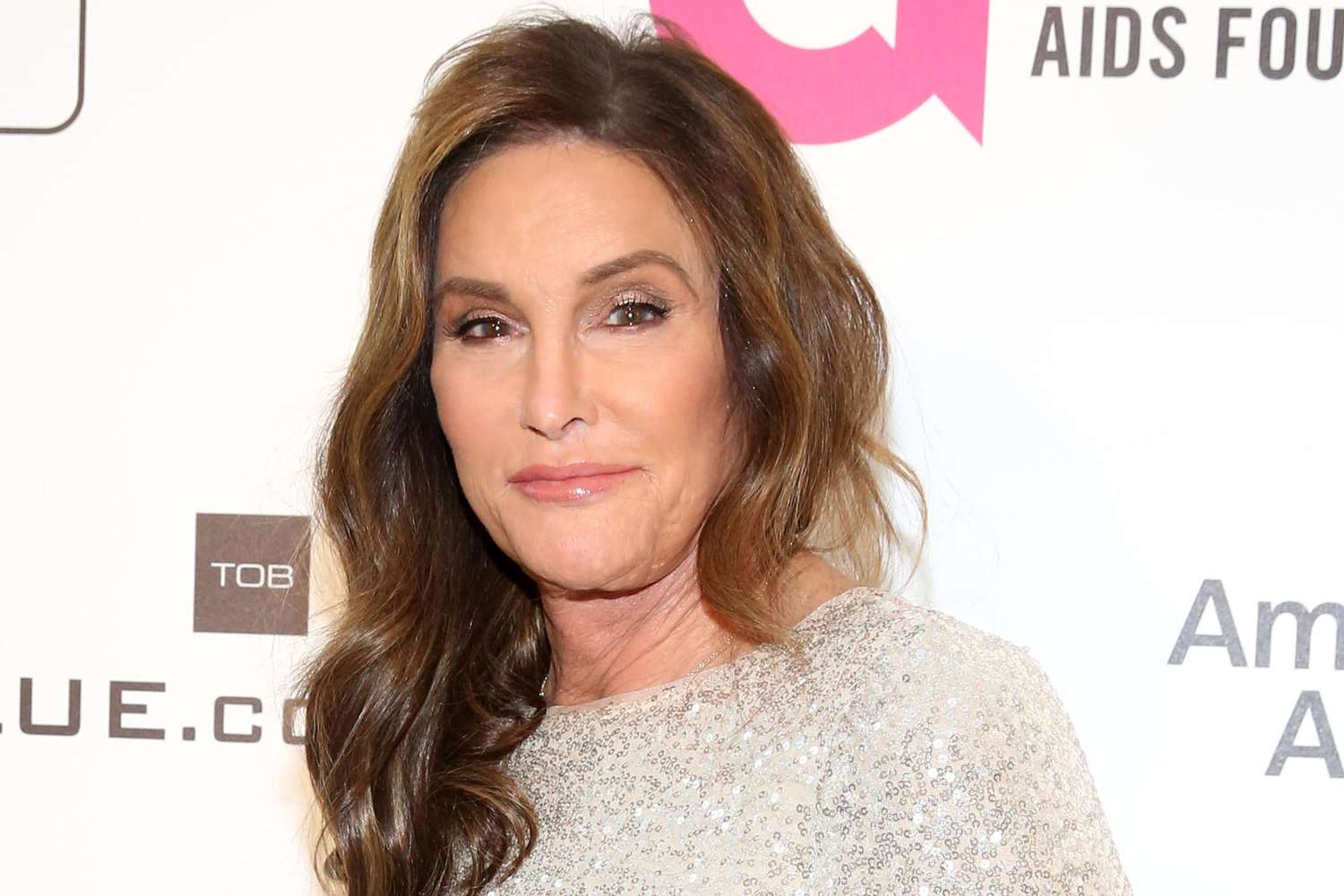The announcement of Nassau County’s policy prohibiting transgender athletes from competing in women’s sports at county-owned facilities has recently generated a lot of controversy and differing views from a range of sources, including Olympic champion Caitlyn Jenner.
Nassau County Executive Bruce Blakeman, representing the Republican party, unveiled the ban in February, mandating that any sports team or organization seeking a permit from the county’s Department of Parks and Recreation must specify the gender identity of its athletes as male, female, or mixed gender.
Jenner, a prominent figure in the sporting world, has thrown her support behind Blakeman’s proposal, aligning herself with the stance that transgender participation in women’s sports could detrimentally impact the integrity of the competition. Her endorsement has reignited the ongoing discourse surrounding transgender inclusion in sports, extending its reach to the forthcoming Paris 2024 Olympics, where similar restrictions are anticipated.

The ban is poised to affect over 100 facilities in the Long Island suburbs of New York City, eliciting varied responses from different quarters. While Jenner views it as a protective measure for women’s sports, citing concerns over potential unfair advantages, critics, including the New York Civil Liberties Union (NYCLU), have voiced opposition, viewing it as discriminatory and pledging to challenge it legally.
Moreover, the LGBT Network, a Long Island-based advocacy group, has expressed disappointment with Jenner’s stance, viewing it as contradictory to her own transgender identity and potentially harmful to the LGBTQ community.
View this post on Instagram
Despite the criticisms, Blakeman remains steadfast in his position, asserting that the ban is aimed at preserving fair competition and safeguarding the rights of female athletes. His stance has garnered support from those who share concerns over the physical advantages that biological males may have in certain sports.
Jenner, however, maintains her position, emphasizing her compassion for the LGBTQ community while arguing against transgender athletes competing in women’s sports in government-funded programs, citing concerns of sex discrimination.
 The controversy surrounding Nassau County’s ban reflects broader trends seen across the United States, with an increasing number of states implementing similar restrictions on transgender athletes. This trend, which gained momentum since Idaho became the first state to enact such legislation in 2020, has now been adopted by 23 states by 2023.
The controversy surrounding Nassau County’s ban reflects broader trends seen across the United States, with an increasing number of states implementing similar restrictions on transgender athletes. This trend, which gained momentum since Idaho became the first state to enact such legislation in 2020, has now been adopted by 23 states by 2023.




